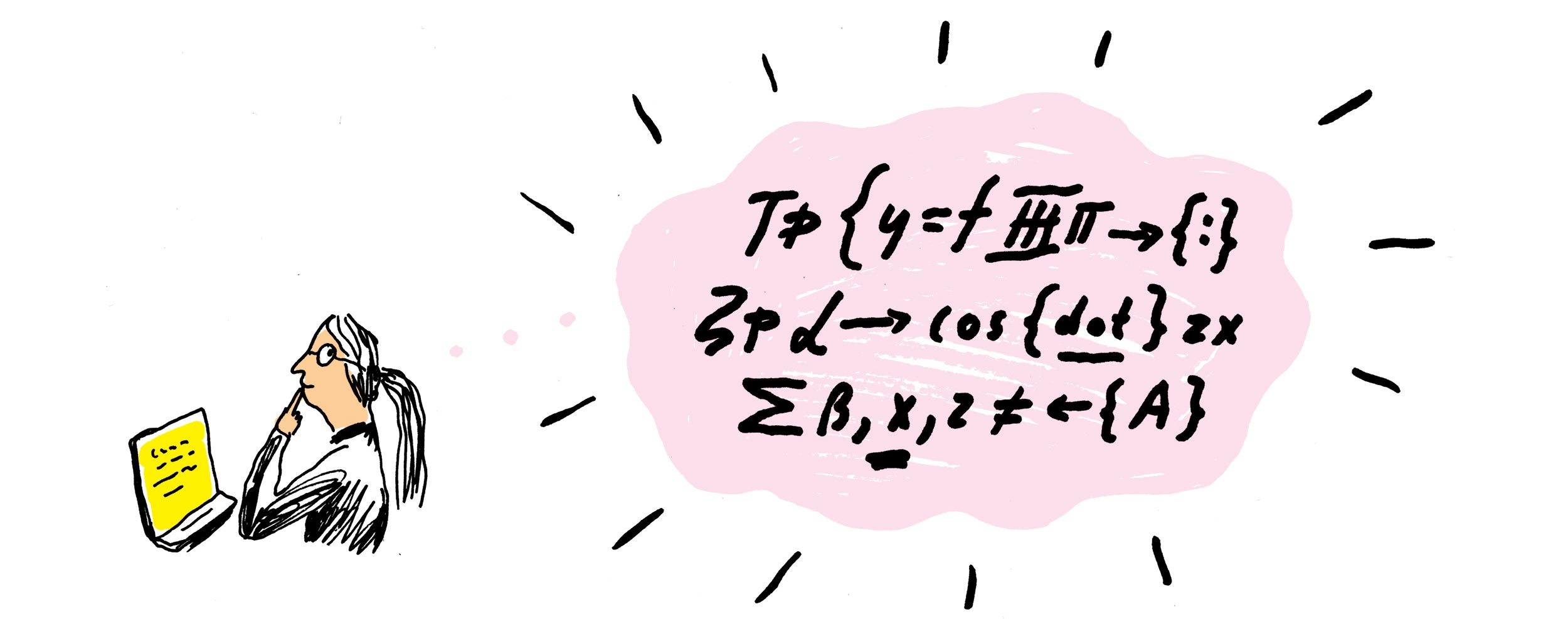Science communication with social media – risks and how to manage them
PRACTICAL GUIDE 4

Science communication in social media is becoming ever more important for researchers, especially for economists whose research findings often lead to political consequences and impact on societal action.
However, trusting merely to one’s guts when posting will often not produce the desired effects. The National Co-ordinating Centre for Public Engagement has published a guide that takes academics through the process of planning for an effective online communication. We have condensed the key findings for you below.
What are the possible risks?
Remember that using social media is not risk free – just like any engagement it needs to be thoughtful. Social media are a public conversation and have potentially international engagers. Risks include:
Content: Content can be sensitive to certain communities including international contexts. Be aware and get a second opinion. Don’t be afraid to take risks but take informed risks. Own your mistakes. Don’t forget to consider what you are missing.
Reputational damage: If you are representing a project or organisation, ensure you understand their values and protocols. Beware of how you respond – think before you tweet! Engage with institutional communication/ social media teams for support and advice.
A focal point for organisation: You may become a focal point for your organisation and have to deal with negative issues. Remember you can choose not to engage. Only share what you are comfortable sharing. Don’t take responsibility for everything and involve the marketing and communications team at your organisation.
Peers undermine your engagement: Engagement is not always valued by your peers – but if the engagement work is serving its purpose, keep going. Take opportunities to share what you’ve done. Evaluate it and evidence its worth. Share this with senior managers. Work with your engagement team who can help support you.
Trolls: An internet “troll” is someone who posts offensive and controversial comments online in order to generate reactive responses from other users. Make sure you don’t “feed the trolls”. If you’re not sure if someone is a troll, you could answer once, but then walk away. Make sure you ask for help and support. Recognise it as something trolls enjoy and try not to take it to heart. Report it to the social media platform if you think it violates their code of conduct.
Sustainability: Do you want the activity to be sustained? If not, what will you do if your project takes off in ways you did not expect? How much responsibility do you need to take to manage this?
Time drain: Be aware of this from the start. Make sure you factor time in.
Missing people: Be aware that social media do not reach everyone. Identify your current audience, then identify the non-users and those who only use social media intermittently.
Legal challenges: Check the legal definition of defamation and don’t do it!
Privacy: Be clear about the protocols around what can be shared, e.g. event images in relation to GDPR.
Lack of engagement: Social media are an art form and it takes time to build a community. This depends on your purpose and the people you want to engage with. Review your approach as you go along.
Content hijacked by groups with different aims and values: Using hashtags can expand the reach of your posts, but can also increase the potential for your content to be misrepresented or co-opted by agendas you disagree with.
Difficulty explaining the content: If you find it difficult to convey context in tweets consider finding another platform, or provide links to more in-depth content that contextualises your tweet.
Changing landscape: The speed at which platforms change is very fast. Keeping up to date with the current best practice takes time and knowledge.
Training: Many institutions offer training for social media use. If yours doesn’t there are lots of guides and support networks online.
Differing agendas: Research institutions, charities, universities, businesses and other research partners can all have their own social media policies and guidelines. These can conflict with each other and it can be a challenge for individuals to find out where they stand and ensure that they abide by all the conditions they need to online.
These risks aren’t here to put you off. However, they are worth keeping in mind, along with the other tips in this guide, to enable you to use social media effectively and thoughtfully to engage with your chosen audience. Good luck!
Date: March 2021
Questions, comments and notes are welcome at open-science@zbw.eu
